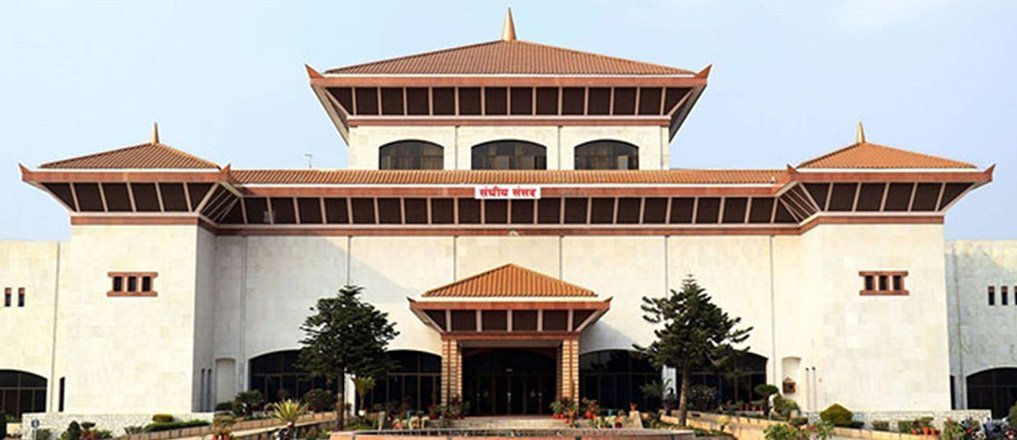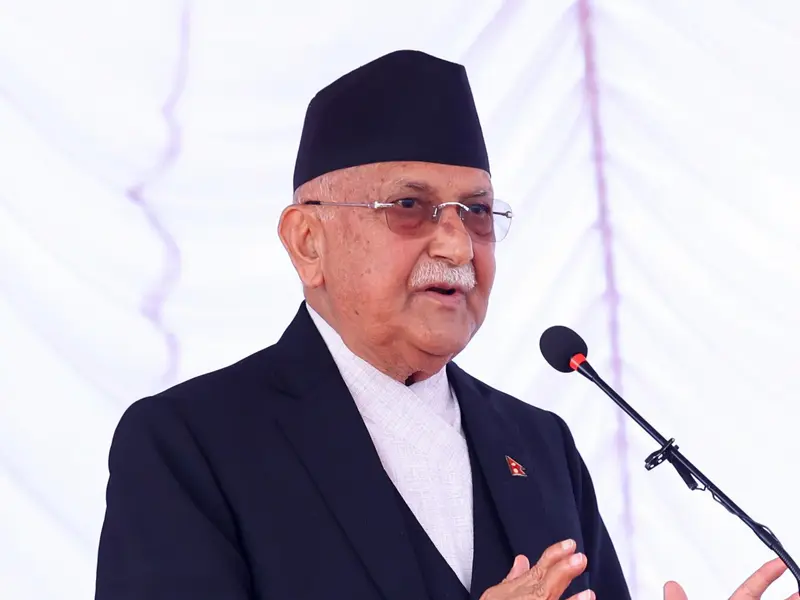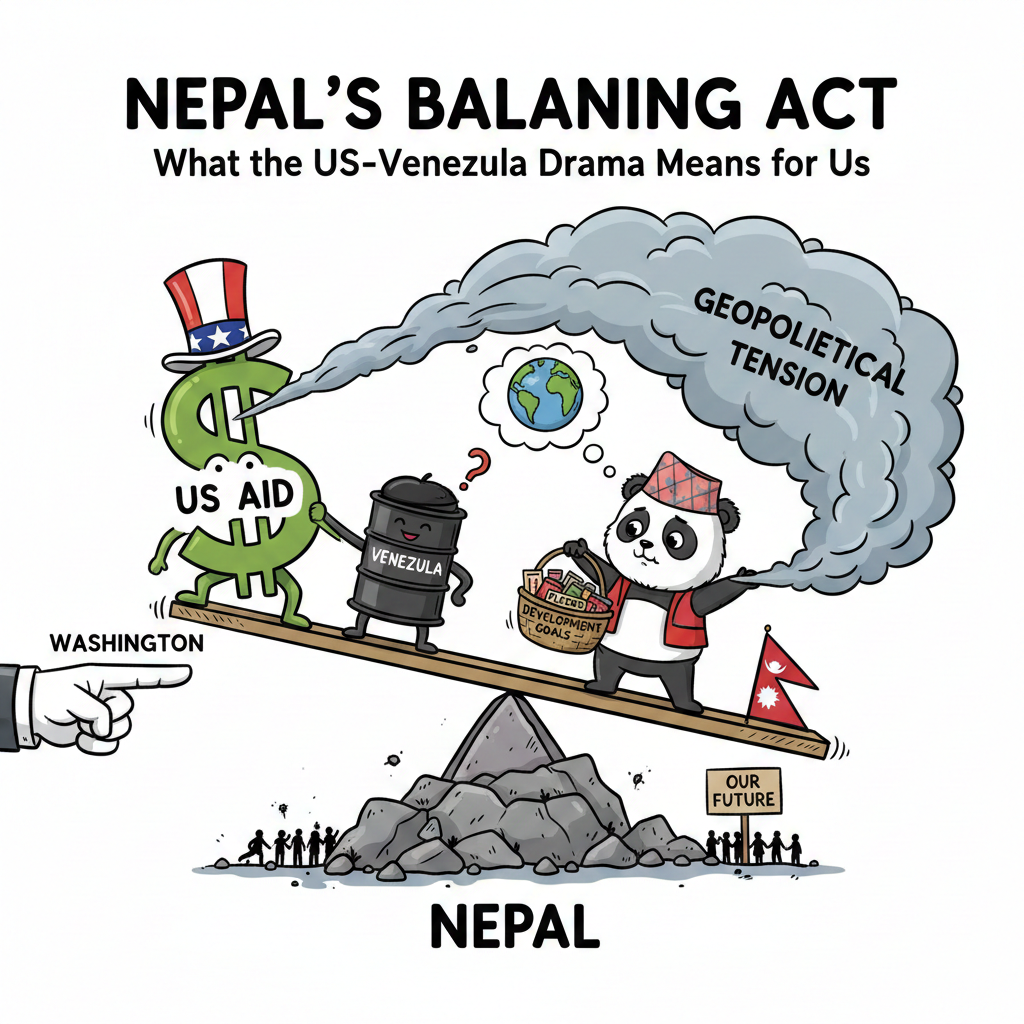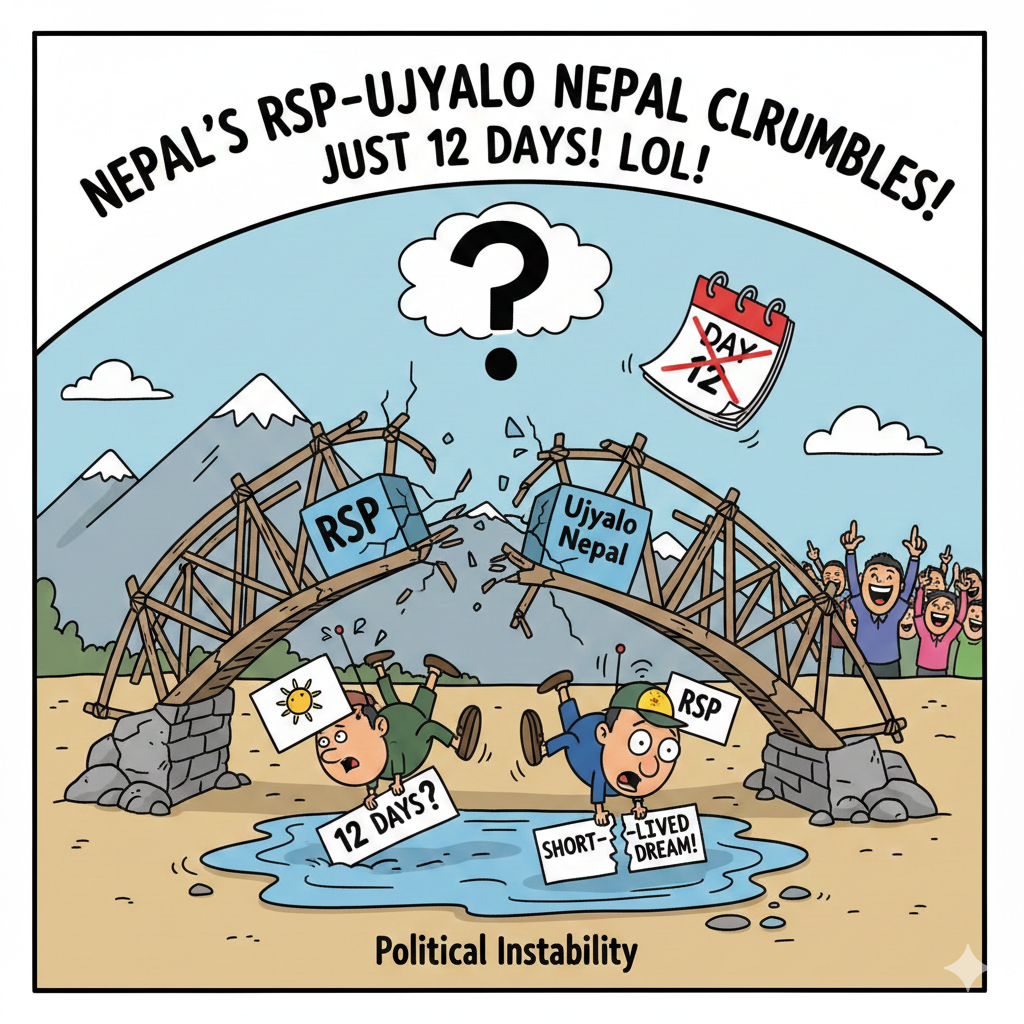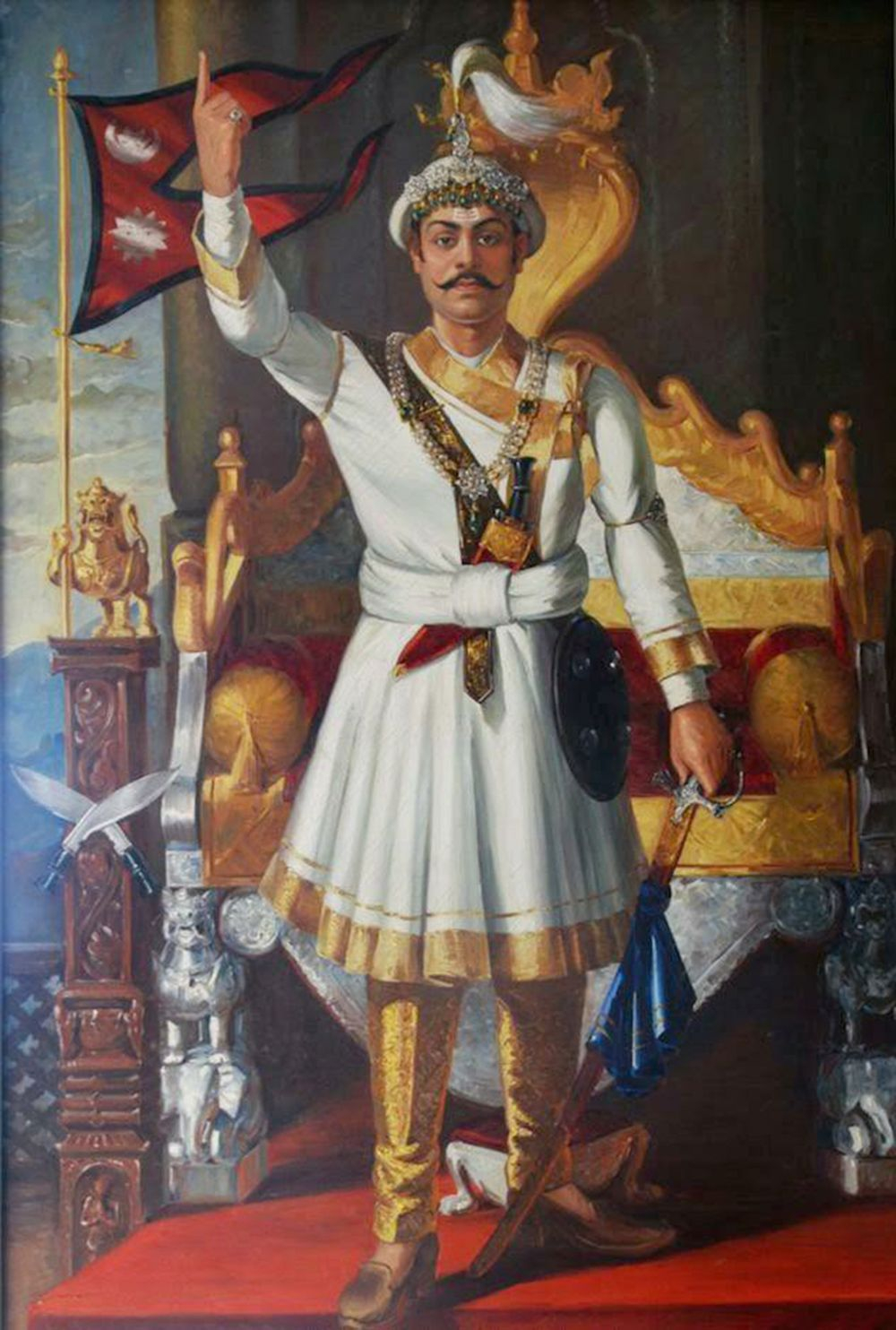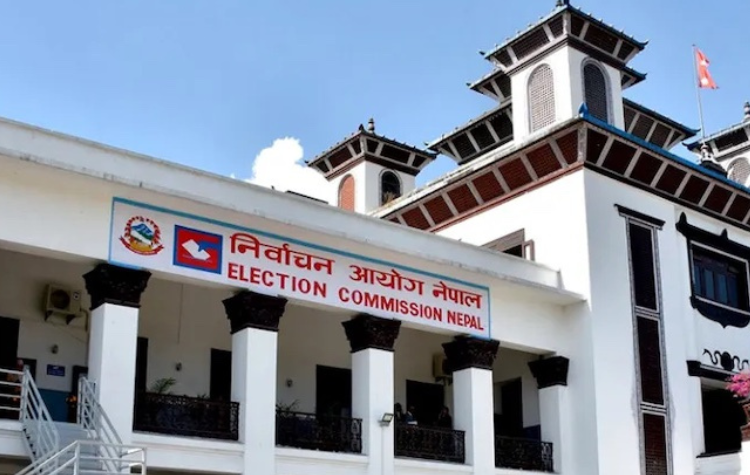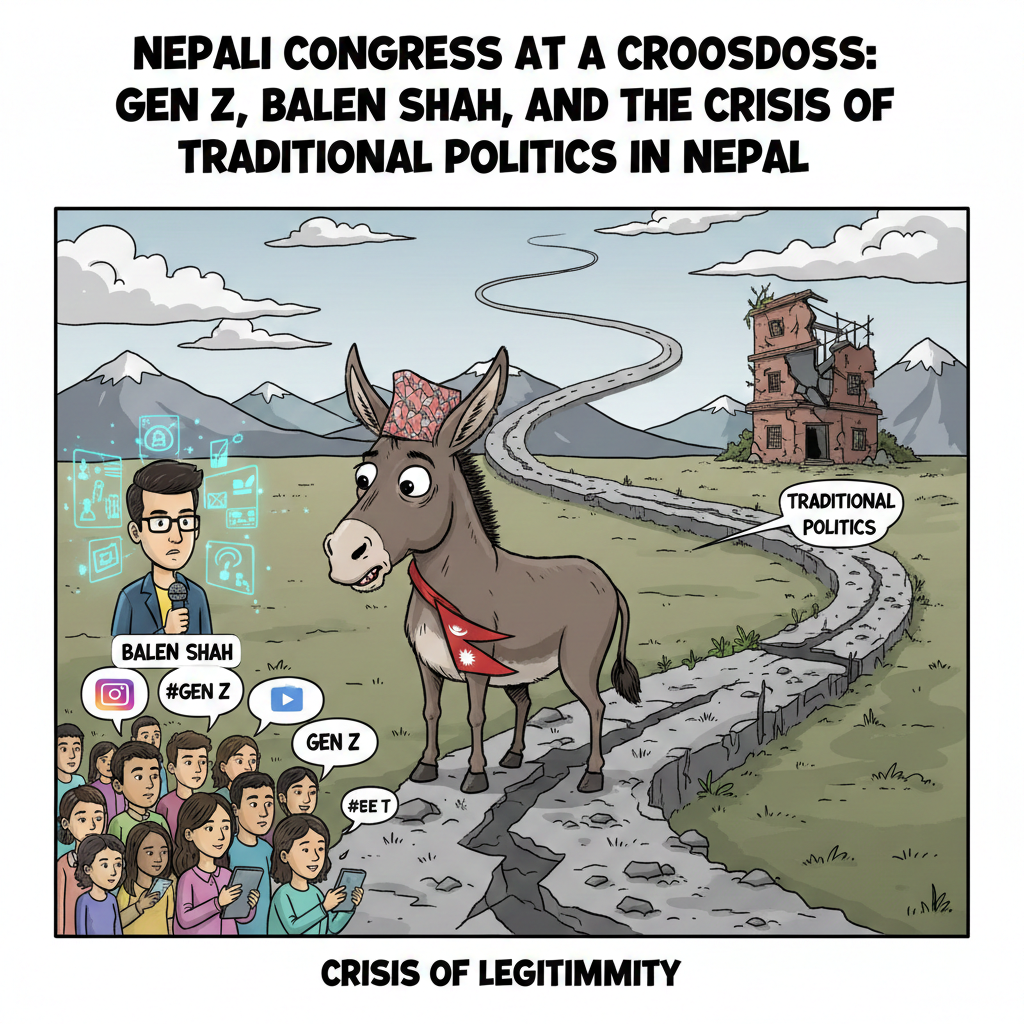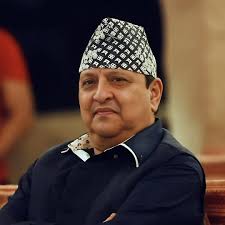Kathmandu, Nepal — Nepal's House of Representatives remains paralyzed for the third consecutive week as ruling and opposition parties continue their standoff over demands to investigate the visit visa scam involving high-ranking immigration officials.
The parliamentary impasse, which began on May 27, has stalled crucial legislative business, including the national budget discussion scheduled to commence Tuesday. Opposition parties are maintaining their obstruction of proceedings until their core demand is met: the formation of an investigation panel to probe the visa manipulation scandal.
Opposition Softens on Minister's Resignation but Holds Firm on Probe
While most opposition parties have moderated their initial demand for Home Minister Ramesh Lekhak's immediate resignation, they remain unwavering in their call for a comprehensive investigation. The opposition bloc is demanding either a parliamentary investigation committee or a judicial probe led by a retired judge to examine the visa scam allegations.
The ruling parties have categorically rejected the formation of any probe panel, instead pushing for Home Minister Lekhak to be allowed to address the allegations without preconditions in Parliament.
Speaker Expresses Concern Over Budget Delay
House Speaker Devraj Ghimire convened multiple meetings with chief whips and whips from the three major parties on Sunday, expressing his dissatisfaction with the continued obstruction. According to his press adviser Shekhar Adhikari, Speaker Ghimire warned party leaders about the serious consequences of delaying budget discussions.
The House had finalized its legislative calendar with budget deliberations set to begin Tuesday, but the schedule remains unimplemented due to the ongoing obstruction.
Marathon Meetings Fail to Break Deadlock
Sunday's attempts at resolution saw multiple rounds of negotiations:
- 1:00 PM: Initial meeting called by Speaker Ghimire
- 3:15 PM: House session postponed for further discussions
- 5:30 PM: Second postponement as talks continued
- 6:00 PM: Final meeting before Monday's adjournment
Between official sessions, intensive discussions occurred among opposition parties, followed by separate negotiations between the Nepali Congress and CPN (Maoist Centre). Despite hours of deliberation, no breakthrough was achieved.
Congress-Maoist Centre Divide on Investigation Scope
A significant rift emerged between the two major opposition parties regarding the investigation's parameters. The Nepali Congress proposed forming a parliamentary panel to examine visit visa issues comprehensively, but only after the Commission for Investigation of Abuse of Authority (CIAA) completes its current probe.
Crucially, the Congress refused to include Home Minister Lekhak specifically in any investigation, creating tension with the Maoist Centre's broader demands.
Maoist Centre Chairman Pushpa Kamal Dahal, speaking to media after meeting Congress President Sher Bahadur Deuba, characterized the discussions as "positive" while acknowledging ongoing differences.
"We are still in discussion. We will find a way out," Dahal stated, suggesting negotiations would continue Monday.
The CIAA Investigation Unfolds
The controversy stems from the CIAA's May 22 raid on the Tribhuvan International Airport Immigration Office following complaints of systematic visa manipulation. The anti-corruption body's investigation has uncovered what officials describe as a large-scale operation involving the issuance of visit visas in exchange for substantial payments.
Key Developments in the Case:
May 22: CIAA raids airport immigration office May 23: Joint-Secretary Tirtharaj Bhattarai arrested and transferred to Home Ministry May 24: Bhattarai taken into CIAA custody Ongoing: Investigation expands to Home Minister's secretariat staff
The timing of Bhattarai's transfer to the Home Ministry while under investigation has intensified suspicions about higher-level involvement in the alleged scam.
Home Minister Maintains Innocence
Home Minister Lekhak has vehemently denied all allegations, questioning the basis for demands regarding his resignation. "How can I be held responsible for an act I never committed?" Lekhak argued, emphasizing that no formal complaint has been filed against him personally and no agency is currently investigating his conduct.
The minister's position reflects the ruling parties' broader stance that opposition demands lack legal foundation and constitute political harassment.
Implications for Governance and Budget Process
The prolonged parliamentary deadlock has serious implications for Nepal's governance:
Legislative Paralysis
- National budget discussion delayed indefinitely
- Critical laws and policies remain stalled
- Parliamentary oversight functions suspended
Economic Impact
- Budget approval delays affect government operations
- Development projects face implementation uncertainties
- Financial planning disrupted across ministries
Political Ramifications
- Coalition government stability questioned
- Opposition unity tested over investigation scope
- Public confidence in parliamentary system eroding
Path Forward Remains Unclear
With both sides maintaining their positions, the immediate resolution appears unlikely. The opposition's unified stance on investigation demands contrasts with internal divisions over the investigation's scope and targets.
The ruling parties' categorical rejection of any probe panel leaves little room for compromise, while the opposition's commitment to continued obstruction threatens to extend the deadlock indefinitely.
Public and International Concerns
The visa scam allegations have broader implications for Nepal's international reputation and bilateral relations, particularly given reports that the scheme may have affected citizens from multiple countries seeking to travel abroad through Nepal.
Immigration experts warn that such scandals could impact Nepal's visa-free arrangements with various countries and complicate legitimate travel for Nepali citizens.
Looking Ahead
Monday's resumed negotiations will be crucial in determining whether parliamentary function can be restored before the budget deadline. The CIAA's ongoing investigation may provide additional context that could influence political calculations.
However, with fundamental disagreements persisting over investigation mechanisms and the Home Minister's accountability, the deadlock appears likely to continue until one side demonstrates flexibility or external pressure forces a compromise.
The situation underscores broader challenges in Nepal's political system, where institutional mechanisms for resolving such disputes remain inadequate, often leading to prolonged governance paralysis that ultimately affects the nation's development agenda.
Parliament is scheduled to reconvene Monday as party leaders attempt to find a mutually acceptable resolution to end the three-week deadlock.
